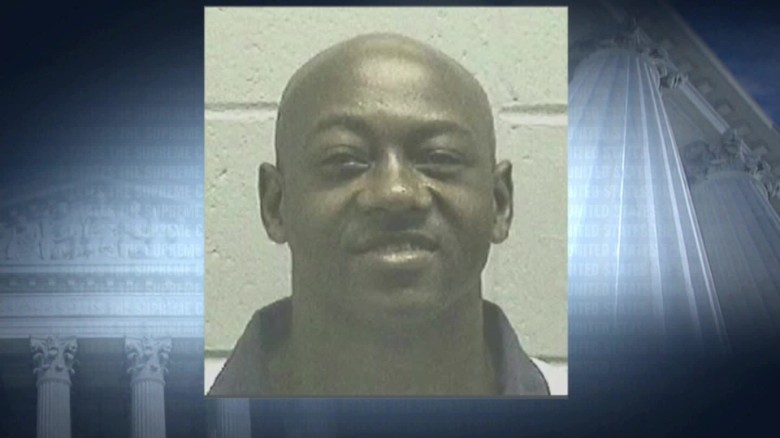
Compendium Of Best Pax Posts On Miscarriage Of Justice And Misplaced Punishment
"The Deadly Oppression Of Black People: Best Pax Posts"
WASHINGTON — The Supreme Court gave a black death-row prisoner new life Monday by ruling that prosecutors unconstitutionally barred all potential black jurors from his trial nearly 30 years ago.
The 7-1 verdict, written by Chief Justice John Roberts , reversed Georgia courts that had denied Timothy Foster 's claim of racial bias in jury selection during his trial for the murder of an elderly white woman. The ruling is likely to fuel contentions from death penalty opponents that capital punishment is racially discriminatory.
What brought Foster's case back to court after three decades was a series of prosecution notes obtained by defense lawyers through an open-records request. While jurors were being picked, prosecutors had highlighted the names of African Americans, circled the word "black" on questionnaires, and added notations such as "B#1" and "B#2." On a sheet labeled "definite NO's," they put the last five blacks in the jury pool on top and ranked them in case "it comes down to having to pick one of the black jurors."
This happened just a year after the Supreme Court had declared such actions unconstitutional. Civil rights groups say discriminatory practices in jury selection have survived for 30 years despite the Supreme Court's 1986 ruling in Batson v. Kentucky .
"The focus on race in the prosecution's file plainly demonstrates a concerted effort to keep black prospective jurors off the jury," Roberts wrote. He said prosecutors' other purported reasons for striking two of the blacks from the jury pool were belied by their acceptance of white jurors with the same characteristics.
"Such evidence is compelling," Roberts wrote. "But that is not all. There are also the shifting explanations, the misrepresentations of the record, and the persistent focus on race in the prosecution's file."
The controversial case took the court nearly seven months to decide after oral argument in November. Roberts' opinion for himself and Justices Anthony Kennedy ,Ruth Bader Ginsburg , Stephen Breyer , Sonia Sotomayor and Elena Kagan ran 25 pages. Thomas and Justice Samuel Alito , who concurred in the ruling, wrote another 25 pages each to express their views.
In Foster's case, prosecutors claimed other reasons for the peremptory strikes. Georgia officials had told the court that prosecutors were expecting to be accused of racial discrimination, so they singled out potential black jurors in their notes and listed several race-neutral reasons for opposing each one. But Deputy Attorney General Beth Burton acknowledged during oral arguments in November that the prosecutors' notes "certainly can be interpreted in two ways."
At sentencing, the prosecutor urged the jury to impose death in order to "deter other people out there in the projects" — where 90% of the residents were black. Justice Elena Kagan said during oral argument, "what it really was, was they wanted to get the black people off the jury."
The finding that Foster's constitutional rights were violated gives him a clear path to a new trial. More important, it could impact the way prosecutors, defense attorneys and trial judges handle jury selection in the future.
"Jury strikes motivated by race cannot be tolerated," said Foster's lawyer, Stephen Bright, president of the Southern Center for Human Rights. "The exclusion of black citizens from jury service results in juries that do not represent their communities and undermines the credibility and legitimacy of the criminal justice system.”
Because Foster received a death sentence, the court's ruling could bolster arguments voiced last year by Justices Stephen Breyer and Ruth Bader Ginsburg that the death penalty itself may be unconstitutional.
A recent study by the anti-death-penalty group Reprieve Australia showed that prosecutors in Caddo Parish , La., struck would-be jurors who were black three times as often as others. Another study in North Carolina in 2012 found blacks were twice as likely to be struck from juries by prosecutors. And in Houston County, Ala., from 2005 to 2009, prosecutors removed 80% of blacks qualified for jury duty, producing juries with either one black or none at all.


No comments:
Post a Comment